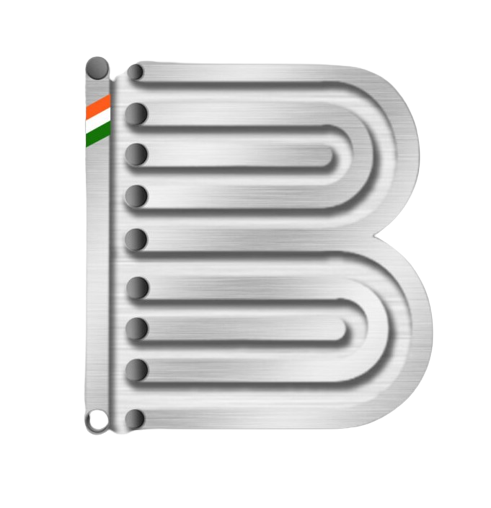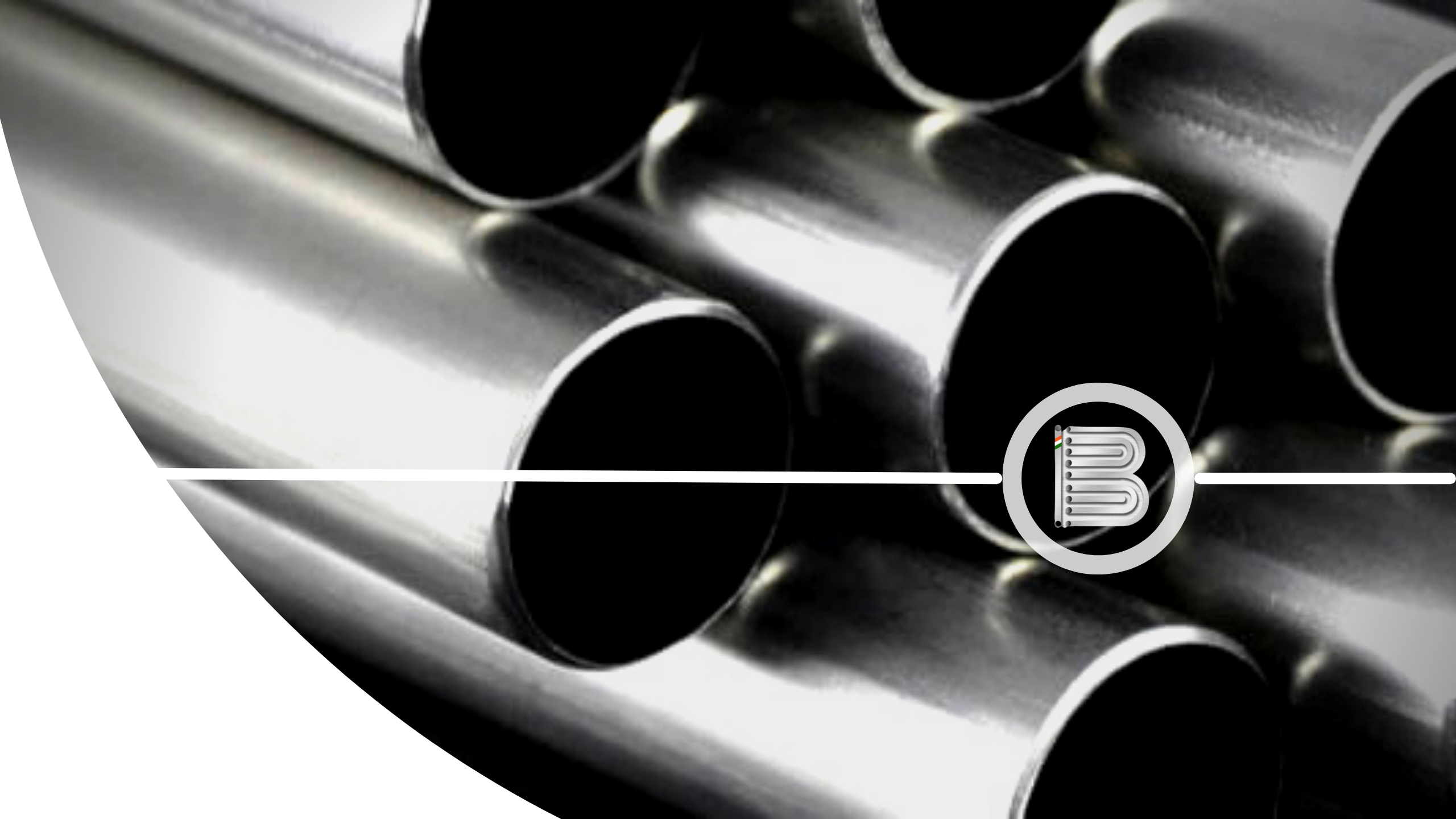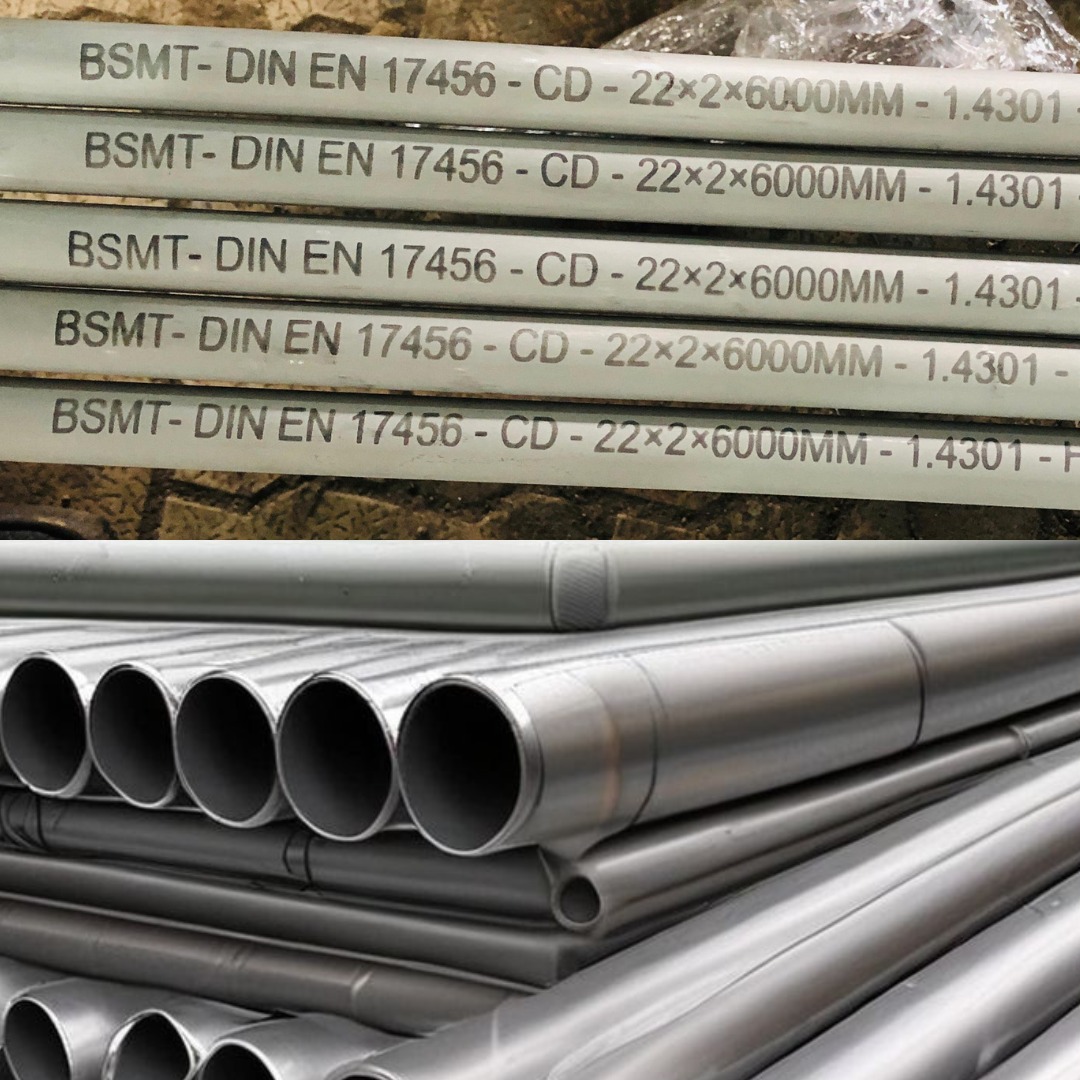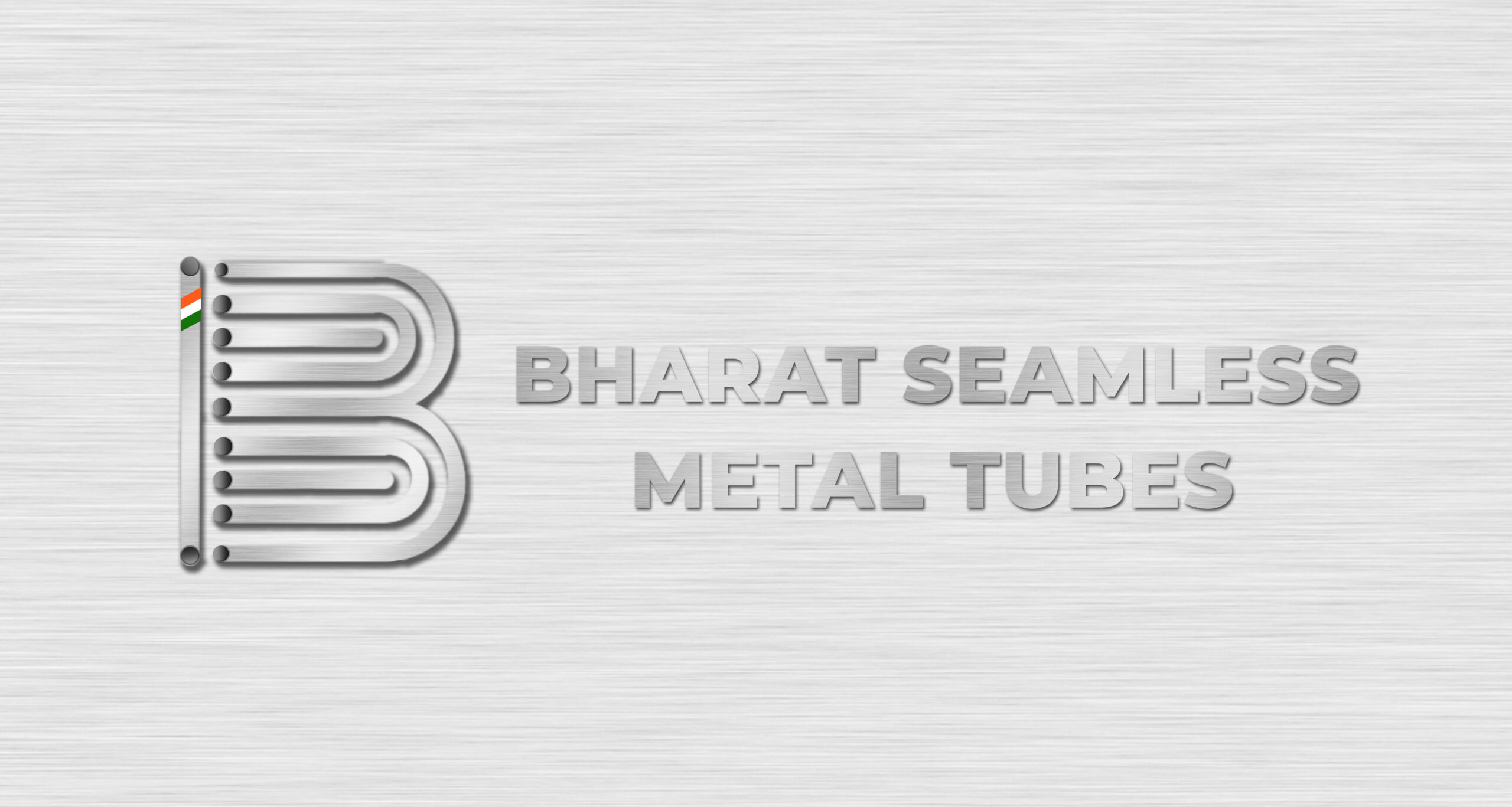The American Iron and Steel Institute (AISI) and the American Society for Testing and Materials (ASTM) are industry standards for iron and steel manufacturing and grading. While both are concerned with iron and steel, these agencies have a lot of differences.
The American Society for Testing and Materials, known as ASTM International, is an organization that publishes production and testing standards for various industries, including manufacturing. These standards encompass a wide range of materials, systems, and products, aiming to promote uniformity and safety among manufacturers.
AISI or as also known in full as the American Iron and Steel Institute is one of the oldest trade associations set in the United States of America. The reason for the foundation of AISI was to cater to the iron and steel industries. AISI is also actively engaged in enhancing the safety and profitability of the steel sector.
AISI & American Standards Stainless Steel Pipes and Tubes
ASTM standards and AISI standards are two different sets of standards used in the fields of materials, particularly metals and alloys. Here are the key differences between ASTM standards and AISI standards:
- Developing Organizations:
– ASTM Standards: ASTM International (formerly known as the American Society for Testing and Materials) develops and publishes ASTM standards. ASTM is an organization that creates a wide range of standards covering various materials, products, and industries.
– AISI Standards: The American Iron and Steel Institute (AISI) develops and publishes AISI standards specifically for the steel and iron industry. AISI focuses primarily on standards related to steel and steel-related products.
- Scope:
– ASTM Standards: ASTM standards cover a wide range of materials, including metals, plastics, ceramics, and more. They address a broad spectrum of industries and applications, from construction to aerospace, petroleum, and environmental concerns.
– AISI Standards: AISI standards, on the other hand, are primarily focused on steel and steel-related materials. These standards are specific to the iron and steel industry and address issues such as steel composition, properties, and applications.
- Content:
– ASTM Standards: ASTM standards are extensive and encompass a diverse array of materials, products, and testing methods. They often include specifications for materials, methods for testing and evaluating materials, and guidelines for various industries.
– AISI Standards: AISI standards are more narrowly focused on steel. They provide specifications for various types of steel alloys, such as carbon steels, stainless steels, and alloy steels, with a primary emphasis on the composition and properties of these materials.
- Industry Application:
– ASTM Standards: ASTM standards are used across multiple industries, including construction, aerospace, automotive, petroleum, environmental, and many more. They serve as a comprehensive resource for quality and safety in diverse fields.
– AISI Standards: AISI standards are specifically tailored to the iron and steel industry. They are essential for steel manufacturers, fabricators, and engineers working with steel products and materials.
- Examples:
– ASTM Standards: ASTM A36 (carbon structural steel) and ASTM D638 (tensile properties of plastics) are examples of ASTM standards.
– AISI Standards: AISI 304 (a common stainless steel alloy) and AISI 4140 (a common alloy steel) are examples of AISI standards.
In summary, ASTM standards are a broader set of standards developed by ASTM International, encompassing a wide range of materials and industries. In contrast, AISI standards, developed by the American Iron and Steel Institute, are more specialized and primarily focus on standards related to steel and steel-related materials. The choice of which set of standards to use depends on the specific industry and materials involved in a given application.
USA | AMERICA (USA) | UK | GERMANY | SWEDEN | |
AISI | ASTM | BSI | WERKSTOFF NR. | DIN 17006 | SIS |
304 | ASTM A312 TP304 | 304S15 304S16 | 1.4301 1.4303 | X 5 CrNi 18 10 X 5 CrNi 18 12 | 23 32 |
304L | ASTM A312 TP304L | 304S11 | 1.4306 | X 2 CrNi 18 11 | 23 52 |
310 | ASTM A312 TP310 | 310S24 | 1.4845 | X 12 CrNi 25 21 | |
316 | ASTM A312 TP316 | 316S31 | 1.4401 | X 5 CrNiMo 17 12 2 | 23 47 |
316L | ASTM A312 TP316L | 316S11 | 1.4404 | X 2 CrNiMo 17 13 2 | 23 48 |
317L | ASTM A312 TP317L | 317S12 | 1.4438 | X 2 CrNiMo 18 16 4 | 23 67 |
321 | ASTM A312 TP321 | 321S31 | 1.4541 1.4878 | X 6 CrNiTi 18 10 X 12 CrNiTi 18 9 | 23 37 |
347 | ASTM A312 TP347 | 347S31 | 1.4550 | X 6 CrNiNb 18 10 | 23 38 |





